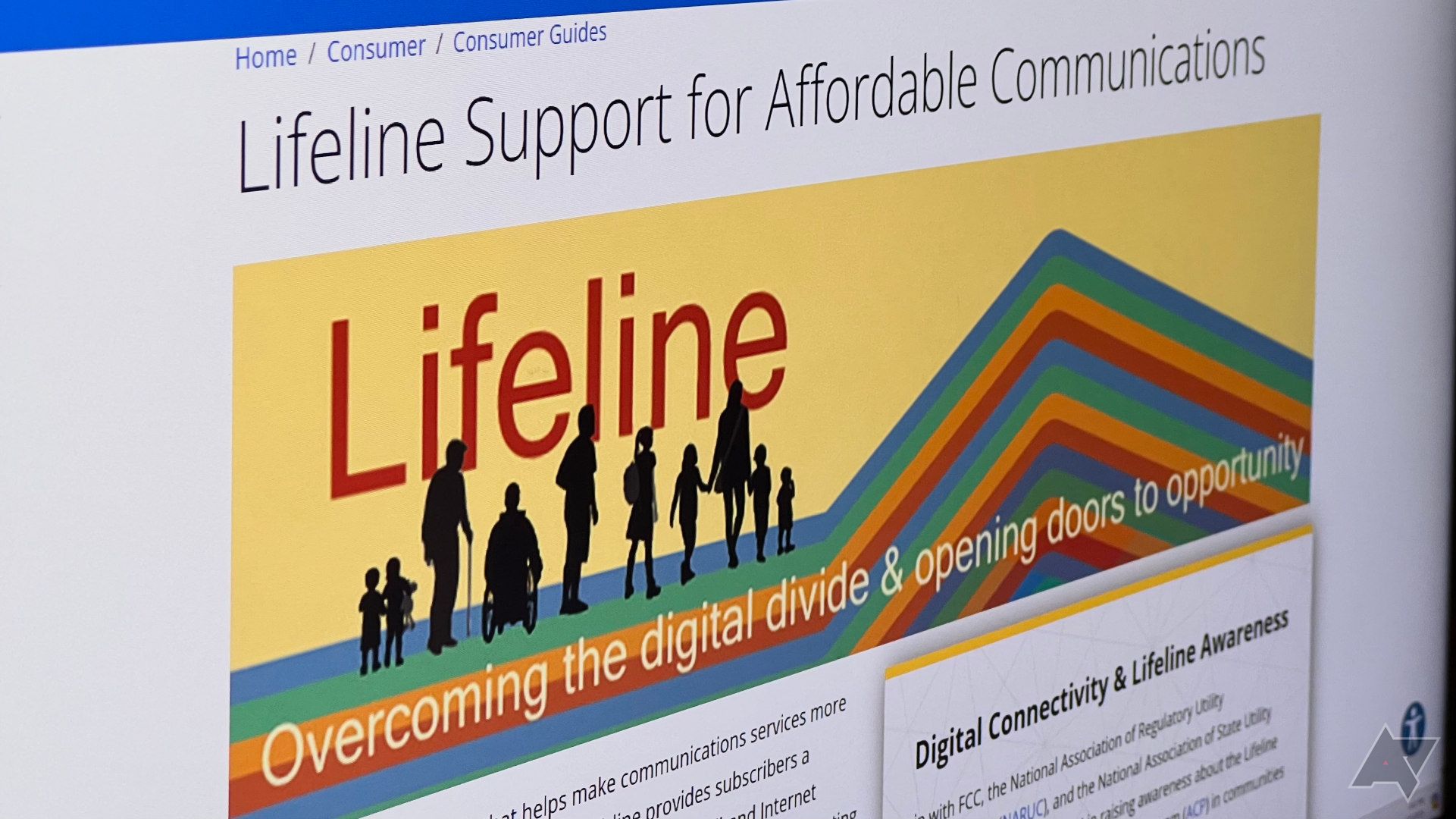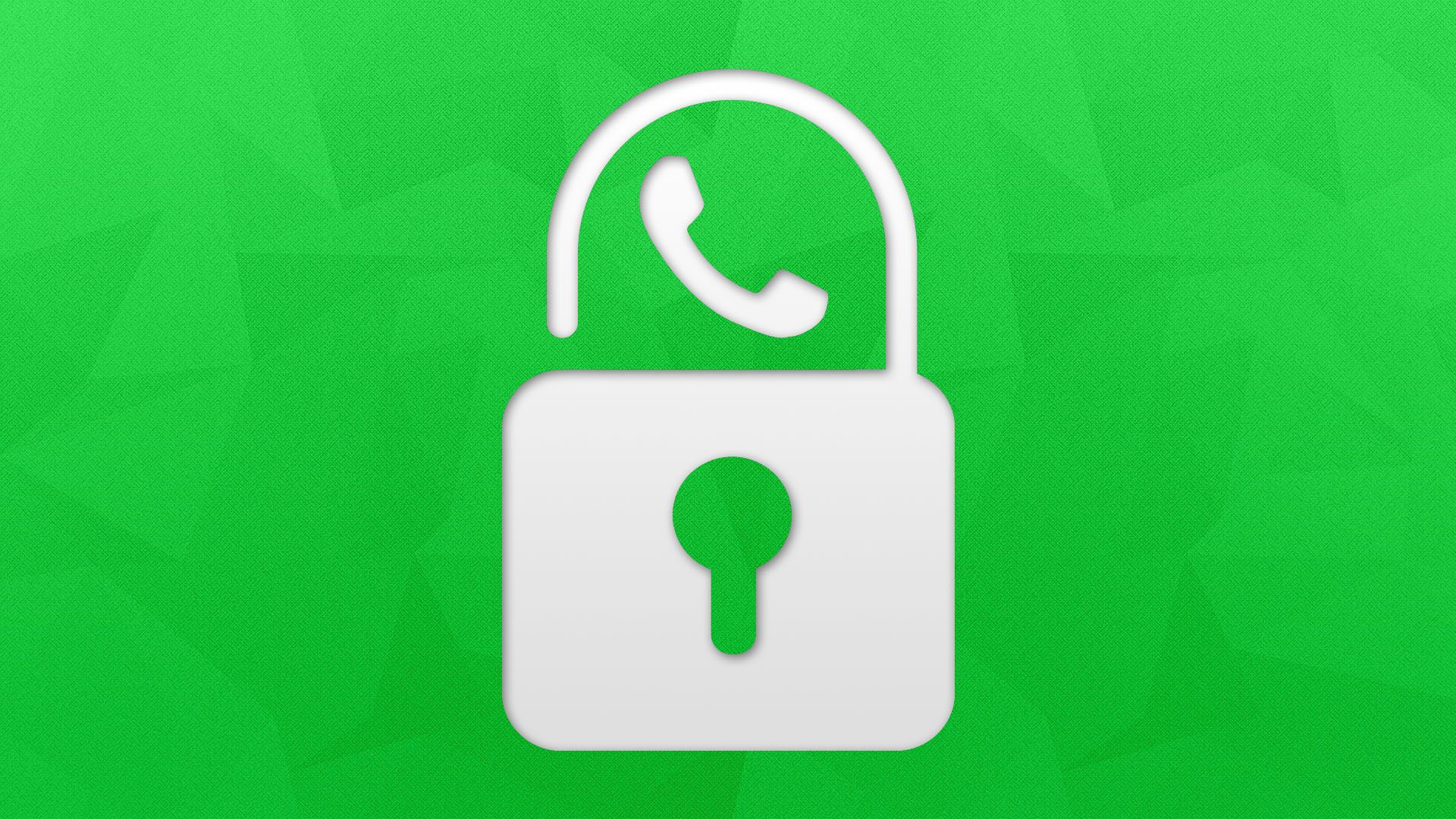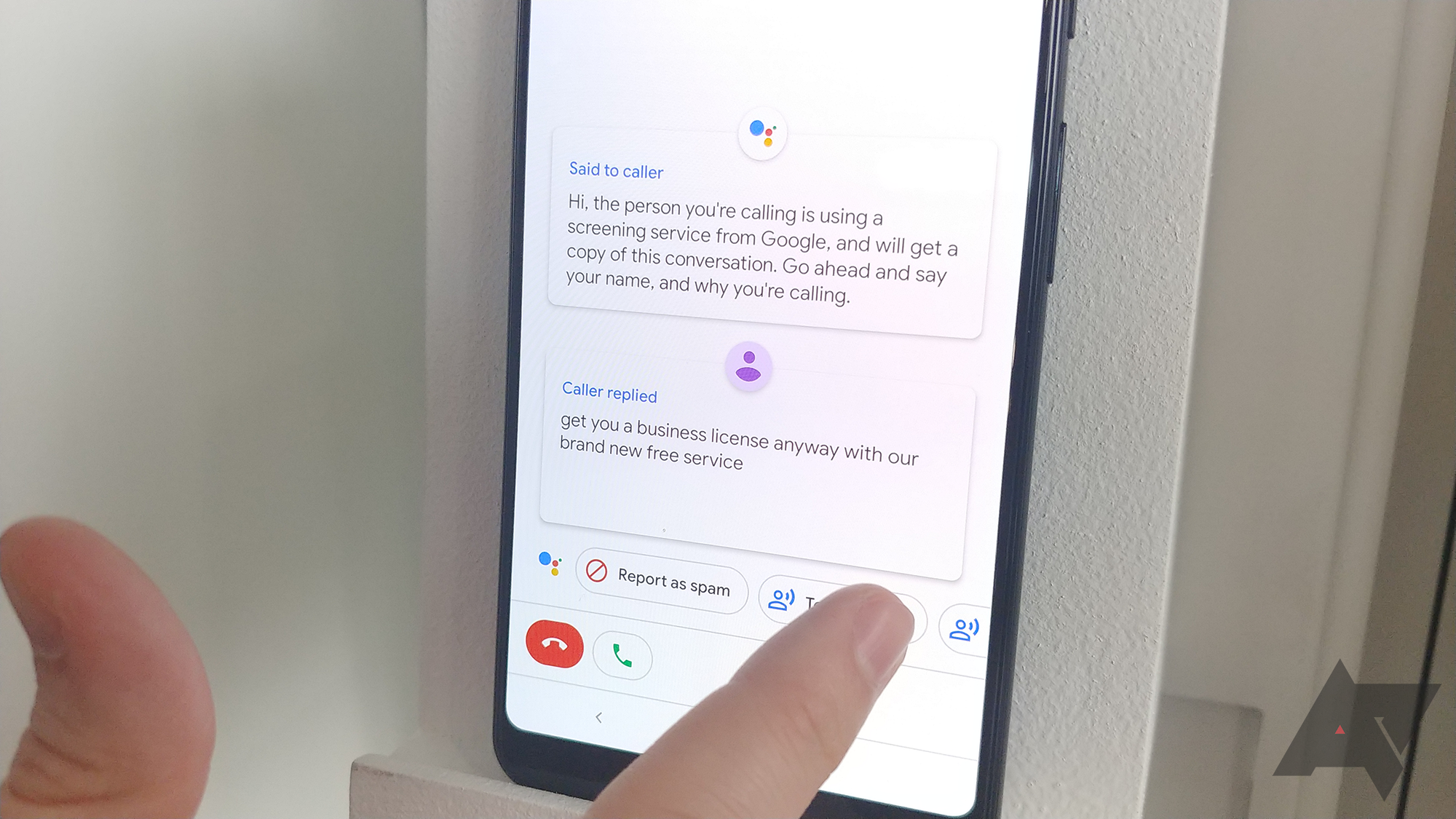latest

What is Lifeline support?
The government-funded Lifeline program can reduce your monthly internet bill. Learn how much you can save and whether you qualify
Broadband internet service for your home and mobile data on your phone can be expensive, especially when money is tight. The US government created Lifeline support to reduce the cost of connectivity. The best prepaid phone plans can make mobile internet more affordable, but the Lifeline program can cut monthly bills to a minimum.

WhatsApp's spat with Indian govt has reached the 'no U are' stage
Accusations of human rights violations are being tossed around like so much volleyball
It was only recently that India filed a petition against WhatsApp to block its new privacy policy. While that matter hasn't completely settled yet, the Facebook-owned company is now suing the government over new regulations that it claims "severely undermine the privacy" of users and compromise end-to-end encryption.

UK government to ban installation of Huawei 5G equipment from September 2021
As part of plan to remove all Huawei 5G tech by 2027
After recent rumors about further sanctions, the UK government has outlined its plans to remove Huawei completely from its 5G network by the end of 2027. The purchase of new equipment made by the Chinese company will also be banned from December 31, 2020. Existing 2G, 3G, and 5G network equipment made by Huawei will remain until it is no longer needed, however, as it's deemed too difficult and costly to replace any sooner.

US government seizes thousands of 'counterfeit Apple Airpods' that are actually OnePlus Buds
Your tax dollars at work
Read update
US Customs and Border Protection racked up a win late last month, according to its most recent press release. On August 31st, the agency seized 2,000 counterfeit "Apple Airpod Earbuds" destined for Nevada at New York's JFK International Airport. The only problem: those are OnePlus Buds, as you can see in the poor images DHS provided.

US Federal government paves way for 5G midband auction
Expect first carriers using the frequencies in 2022
Despite all the carrier-infused hype, we're still in the early days of 5G in the US. A crux for the new network is that it currently mostly only works on extremely low or extremely high frequencies, so it's either barely faster than 4G or super-fast, but hardly able to penetrate walls. The federal government seems to recognize this issue, as it has announced that it will hand over a portion of previously military-exclusive midband frequencies to the FCC, which should help carriers create both more robust and faster 5G networks.

Trump executive order targets social platforms for 'editorial conduct' in moderation
The president also wants to quash anti-conservative bias online
Read update
U.S. President Donald Trump will reportedly sign an executive order as early as today that would modify Section 230 of the Communications Decency Act — a critical law that protects online platforms that moderate or censor offensive content from charges such as libel and First Amendment violations. The order appears tailored to hurt the largest platforms like Facebook and Twitter the most.

Congress has told voice service providers to shut down robocallers and instate call blocking by default. The FCC has mandated just the same. Now, 12 voice service providers have agreed to a series of principles drawn by attorneys general from all 50 states and the District of Columbia that include offering that call blocking to consumers for free, implementing STIR/SHAKEN across their networks, and cooperating in investigations.

Huawei is being given another 90-day reprieve by the U.S. government, following the Temporary General License (TGL) issued back in May. That provides the company with three more months to continue purchasing goods from U.S. companies. While this extension might sound like a step towards dropping the Entity List import/export ban for good, the government is clear that the extra few months are merely meant to "afford consumers across America the necessary time to transition away from Huawei equipment."

The White House has announced that it will split its next round of tariffs on Chinese imports into two parts. The first part, which will mostly affect farming, livestock, and foodstuffs, will come into effect as previously scheduled on September 1. However, in a bid to perhaps offset a major blow to Chinese industry during the holiday season, a number of items — including electronics such as smartphones and laptops — will not have tariffs applied until December 15.

Huawei and its U.S.-based suppliers remain on eggshells as the Trump administration has yet to issue special permits allowing domestic companies to ship product to the Chinese tech manufacturer — this is going on as Huawei's temporary reprieve from an Commerce Department import ban is headed into its last week. Now, there's word from Bloomberg's sources that the White House is stalling on approving the permits.

Beyond the political luggage generated in the midst of the protracted U.S.-China trade dispute, the American import ban that Huawei has to deal with is laden with doubt from tech critics who chide D.C. with inhibiting innovation in mobile phones. Lest we forget, though, that the Department of Justice is pursuing the Chinese tech behemoth for stealing trade secrets and fraud in relation to Iran sanctions breaches. Now, we're learning of leaked documents that tie Huawei to business conducted in another adversarial country: North Korea.

The FCC now has rules in place to compel wireless carriers to start blocking domestic robocallers on a systematic basis. Next up, chairman Ajit Pai is gearing up to tackle number spoofers, robotexting, and foreign robocallers by proposing new rules that will be voted on and, likely, enacted at the commission's August open meeting.

The hits keep on coming for Huawei. After the announcement of a US technology export ban, numerous Huawei suppliers and partners around the world have ended relationships with the company. Now, you might not even be able to ship a Huawei phone reliably. PCMag tried to mail a P30 Pro from the UK to the US, and it was returned to sender because of the ongoing legal drama.

Things look grim for Huawei as the US export ban threatens to cut the company off from the technology and services it needs to survive. One of its chief concerns is the very real possibility that it could lose access to Google services and Android updates. Still, Huawei remains confident with a pledge to update 17 phones to Android Q according to its new "Huawei Answers" site.

Huawei has struggled to gain traction in the US market for the last few years, but things went from bad to worse a few weeks back when the US Commerce Department announced a ban on technology exports to the Chinese firm. Google fell in line, severing business ties with Huawei along with countless other US companies. That could cut Huawei off from Android updates. However, the Financial Times reports that Google is working hard behind the scenes to secure a government exemption for Android.

The FCC is expected to vote on new rules against robocalling during its next open meeting on June 6. In the lead-up to that decision, the Senate has taken up one of its own to lay out the groundwork for how the FCC will carry out its intentions. The Telephone Robocall Abuse Criminal Enforcement and Deterrence (TRACED) Act passed yesterday by a vote of 97-1.

While T-Mobile and Sprint have already worked out how the merger of their two companies will work, they're still waiting on approval from various government entities — including the United States Justice Department and FCC. Now the companies are extending the deadline for their merger, as deliberations continue with federal officials.

Read update
T-Mobile has been using every possible opportunity to talk up its plans to acquire Sprint, hoping to amass enough support to push the deal through. It's not a matter of public sentiment, though. The fate of the deal rests with government regulators, and the US Department of Justice has reportedly told the carriers it is unlikely to approve the $26B deal.

Our online lives are increasingly dominated by a small number of large technology firms, and the Federal Trade Commission (FTC) is feeling pressure to put those companies under the microscope. Screw-ups like Google's Nest Secure microphone and Facebook's... well, everything... have only added to the urgency. The agency has announced the formation of a task force that will examine how the likes of Google and Facebook do business, including scrutinizing mergers.








